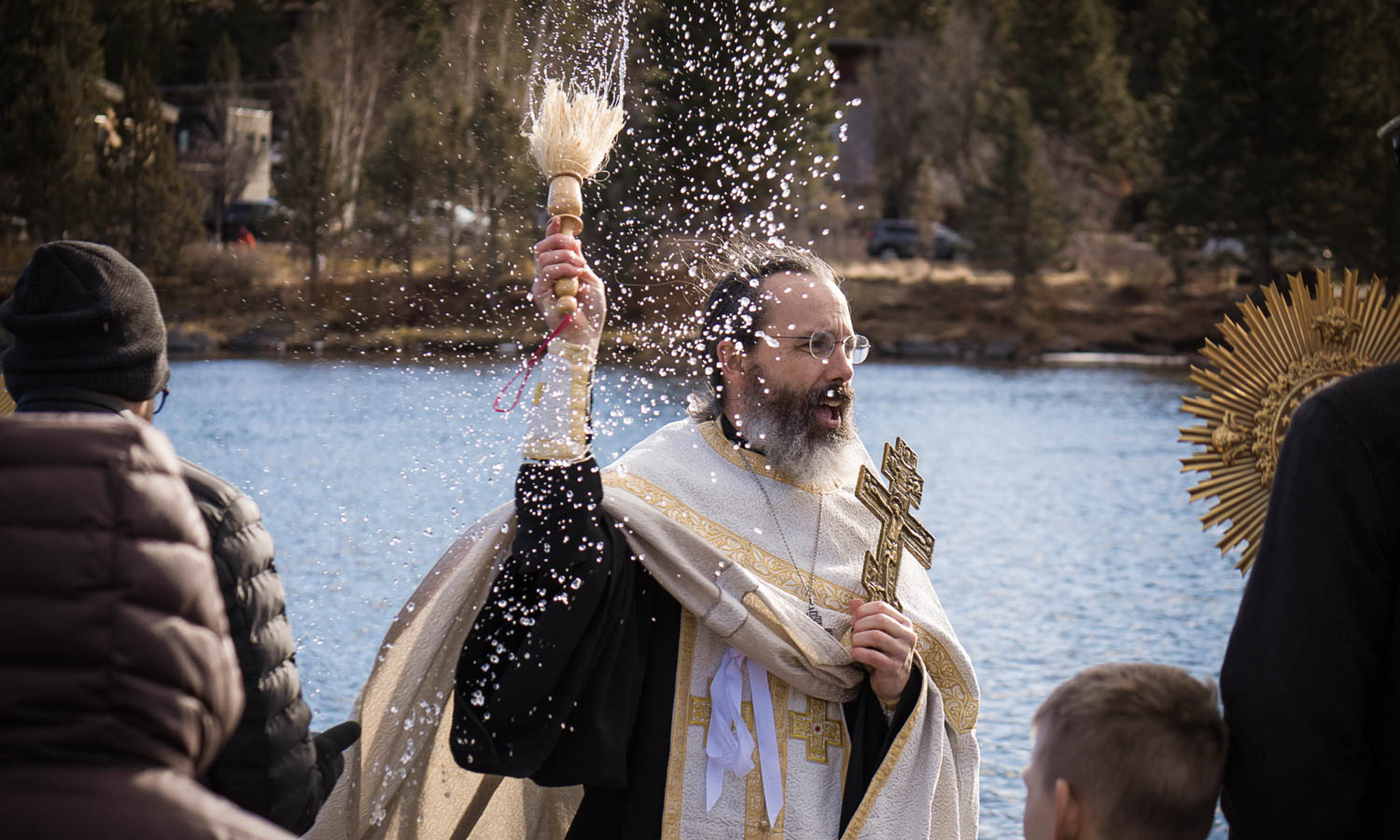The holy scriptures—Christ’s Church—Christ himself: how incredibly fortunate we are!
First, the scriptures. John Chrysostom says this:
Great is the profit of the holy Scriptures, and all sufficient is the aid which comes from them…for the divine words are a treasury of all manner of medicines. Whether it be needful to quench pride, to lull passion to sleep, to tread under foot the love of money, to despise pain, to inspire confidence, to gain patience—in the Scriptures we find abundant resources. For what man—of those who struggle with long poverty or who are nailed by a grievous disease—will not, when he reads the passage before us, receive much comfort? This man had been a paralytic for thirty eight years, and he saw others delivered each year, and himself bound by his disease… “Yes, Lord, he says, but I have no man…to put me in the pool.” What can be more pitiable than these words? …Do you see this heart crushed through long sickness? Do you see all violence subdued?…He did not curse his day…but replied gently … Yes, Lord. (Homily 37 on Jn 5)
“Great is the profit”, he says. “All sufficient is the aid which comes” from the scriptures. Let us seek (as St. John put it) the medicine for our pride, our love of money, our fear of pain. And instead, through the reading of the scriptures, find confidence and patience in our long sickness—maybe we are not sick of body, but we are certainly so in soul.
We also have Christ’s Church. We see in this gospel passage today that Jesus finds the paralytic in the temple. St. John Chrysostom makes a point of this fact:
The man, when healed, did not proceed to the market place, or give himself up to pleasure or vain glory, but—which was a great mark of religion—went to the temple.
And, more than all this—more than the scriptures, more than the Church—we have Christ himself. St. Symeon the New Theologian says:
So then, let everyone who wants approach Him, and let the one say: “Son of David, have mercy on me”; and, if he hears, “What do you want Me to do for you?” let him say quickly, “Lord, let me receive my sight,” and right away he will hear, “So I desire. Receive your sight” (Lk 18:38-42). Let another say, “Lord, my daughter”–that is, my soul–”is severely possessed by a demon” (Mt 15:22), and he will hear: “I will come to heal her” (Mt 8:7). If someone is hesitant and does not wish to approach the Master, even if He comes to him and says, “Follow Me” (Mt 9:9), then let him follow Him as the publican once did, abandoning his counting tables and his avarice, and, I am sure, He shall make of him, too, an evangelist rather than a tax collector. If someone else is a paralytic, lying for years in sloth, carelessness, and love of pleasure, and if he should see another, be it the Master Himself or one of His disciples, come to him and ask, “Do you want to be healed?” (Jn 5:2-7), let him receive the word joyfully and reply immediately: “Yes, Lord, but I have no man to put me into the pool of repentance.” And then if he should hear, “Rise, take up your bed, and follow me,” let him get up right away and run after the footsteps of the One Who has called him from on high. (Second Ethical Discourse)
In reality, all three are Christ. It is Christ speaking through the scriptures. It is Christ whose body the Church is.
Turn to him. He will heal. And even if, like all of us, you sometimes find yourself too inattentive to your own sickness that you do not even think to or know to ask for healing, like St. Symeon said, if Christ comes to you, reply: “Yes, Lord.”
